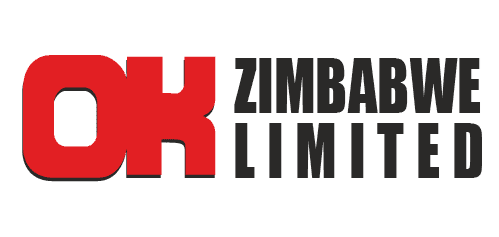Revolving fund for pharmaceutical industry on cards
The Government plans to establish a revolving fund to support local production of pharmaceuticals to reduce reliance on imports, according to a new policy document.
The local pharmaceutical manufacturing industry is currently operating at 50 percent capacity, producing approximately 300 out of a potential 1 500 product lines.
Over the past six years, the pharmaceutical import bill has averaged US$250 million.
One of the proposed interventions in the Zimbabwe Industrial Reconstruction and Growth Plan (ZIRGP) is the establishment of a revolving fund, partially financed by proceeds from a sugar tax.
The plan also proposes stimulating demand for locally produced medicines through public procurement.
Natpharm, the State – owned drug procurement firm will be directed to procure 300 lines of locally produced medicines, potentially saving up to US$75 million annually.
Additionally, the plan aims to streamline the product registration process for locally produced medicines, reducing the timeline from six months to three months.
“Implementation of these proposed interventions will save the country up to US$75 million per year,” says the plan.
The industry requires as much as US$45 million to recapitalise.
The Zimbabwe pharmaceutical market is highly competitive and dominated by a few major players, including DatLabs (Pvt) Ltd, Pharmanova, CosPharma, Zim Laboratories Limited, CAPS, and B Braun SE.
It has an estimated value of US$196,46 million in 2024 and is expected to reach US$240,87 million by 2029.
The pharmaceutical sub-sector saw a significant capacity utilisation increase from 25 percent in 2020 to 50 percent in 2023, as reported by the Ministry of Industry and Commerce.
The Covid-19 pandemic reshaped the industry, prompting both established and new companies to expand their operations.
Cospharm Pharmaceutical’s US$3 million investment in the production of packed tablets, capsules, oral and external liquids and galenical and complementary drugs is a notable example. The surge in demand for Covid-19 treatments fuelled large-scale pharmaceutical manufacturing within the country.
The disruption of global supply chains during Covid-19 lockdowns highlighted the importance of local manufacturing.
Zimbabwean manufacturers played a crucial role in ensuring the availability of essential medical supplies, including pharmaceuticals.
As a research article in the Journal of Public Health International in May 2021 noted, the pandemic presented an opportunity to reduce reliance on foreign medical supplies and boost domestic production of therapeutics.
Analysts say the lessons learned from the pandemic have underscored the value of local manufacturing capacity.
In 2021, the Government launched the 2021-2025 Pharmaceutical Manufacturing Strategy to boost local drug production, increase the availability of essential medicines, and facilitate drug exports.
Additionally, Zimbabwe joined the African Medicines Agency (AMA) in March 2021, paving the way for a favourable regulatory environment for pharmaceutical research, development, production and trade across Africa.
Furthermore, a partnership between the University at Buffalo and the University of Zimbabwe, supported by a US$1.4 million National Institutes of Health grant, aims to train future HIV researchers in Zimbabwe. These initiatives are expected to drive market growth over the forecast period.-ebsinessweekl










